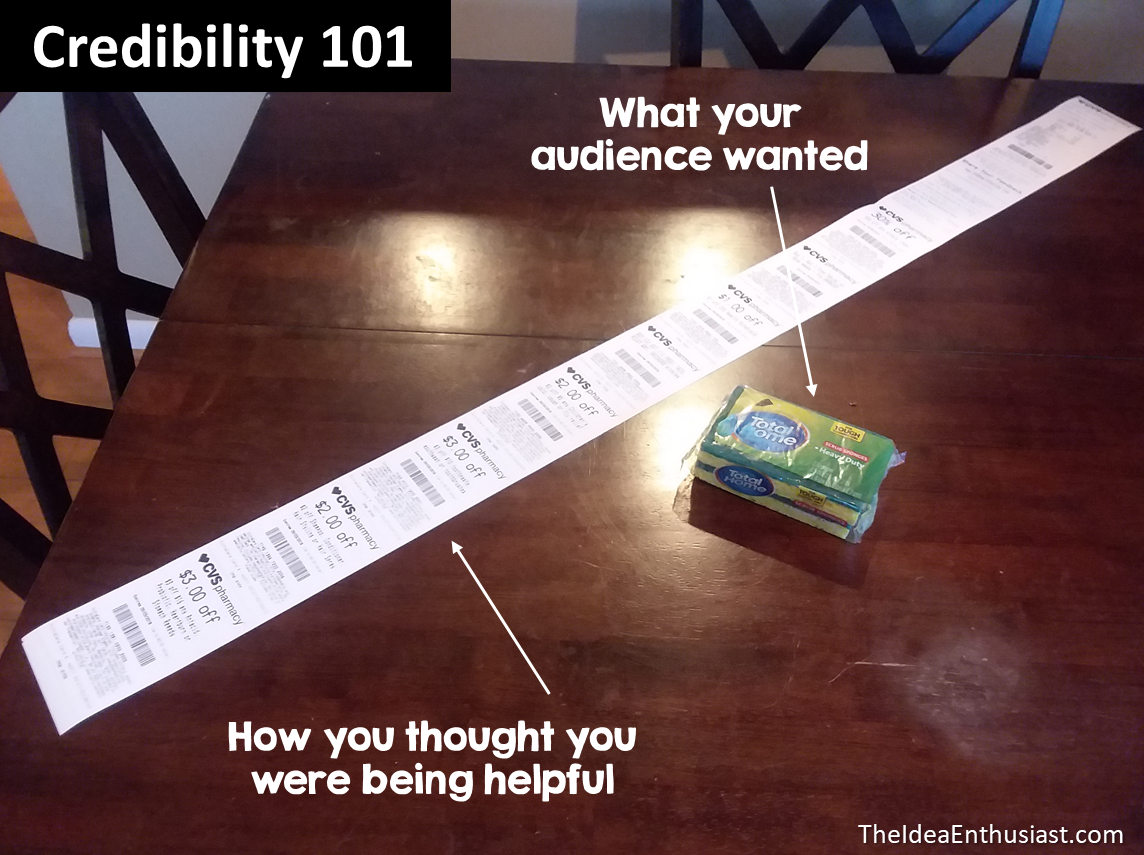
Last week, I was brought in by the American Geophysical Union to interview scientists at their annual convention. I never imagined I’d get to interview a NASA scientist, let alone more than 30 of them, so it was a surreal experience. 2018 marks the 100th anniversary of AGU as an association, so one of the ways they are celebrating is through a StoryCorps-style series of conversations called “AGU Narratives”.
These audio interviews aren’t online yet, but when they are posted, you’ll be able to hear me interview folks who 99% of the time are talking about things I don’t understand. My job was to pull them out of those highly scientific monologues and ask them questions about their hopes and dream, favorites and regrets, and get them to reflect on advice they’ve gotten and given.
One “trick” I discovered by accident was that, when a highly-technical person isn’t necessarily ready to talk in everyday terms, I’d ask them tell me a story about students they’ve taught and then follow that up with the story of themselves as s students and see how those two anecdotes compared. A few times, I caught see lightbulbs go on in their heads as they were contemplating things they just heard themselves say, almost in a out-of-body experience. A few times, I got folks with 20-30 years of experience to say “that’s a good question” or “I hadn’t thought about it before”. For an interviewer, that is a signal that you have entered the uncharted mental territory you’re looking for.
This project was both rewarding for the conversations, and challenging for the active listening it demanded. I am as, if not more, guilty than most of drifting off in discussion when I feel the talk is rudderless or too complex. That’s what the “croc brain” does in our own defense. I found myself really trying to crack open people’s stories and brains in pre-interviews just before recording started, then trying to steer them into the direction the project was looking for. This could only be accomplished by being a full partner in the conversation.
We have a long way to go at work, at home, with friends or strangers, as a society in returning to a state of natural conversation. The distractions are too numerous and powerful. The only way to get there is to choose. Choose to listen, to focus, to trust, to question, and to devote the most powerful thing we have to offer: our full attention.

